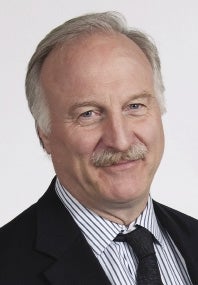While residential energy efficiency is a boon for consumers and helps the environment, it is also boosting Massachusetts businesses.
That’s because savings from energy conservation efforts in Massachusetts ensure that more Massachusetts dollars are spent locally. And public-private efficiency programs are creating jobs in the state.
According to Frank Blake, CEO of Home Depot, in a private briefing he and I held for President Obama, 96 percent of products used to create more efficient buildings are made right here in the U.S.
Add that to the bonus of helping the environment, and focusing on energy efficiency becomes a win-win for the business community.
Public-Private Program Saves Millions
A good example of public-private energy efficiency program is Mass Save, which was created in 2008 in part because many homeowners don’t realize the enormous amount of energy they waste in the home.
Designed to assist both residential and business owners, Mass Save is sponsored by area gas and electric utilities who have hired my company, Westborough-based Conservation Services Group, as their program implementation contractor. We do this implementation on behalf of our clients, NSTAR, which is owned by Northeast Utilities, and National Grid – the two largest utilities in Massachusetts, and national leaders in utility-delivered energy efficiency that helps their customers save energy and lower costs.
The annual energy savings achieved by homeowners participating in the Mass Save home energy program from adding insulation and reducing air leakage alone was $8 million in 2012. Those dollars are flowing back into the local economy, which in turn will stimulate job growth in other sectors.
Mass Save is gaining in popularity. In 2012, more than 18,000 customers participated, up from 8,800 in 2011.
It’s also creating jobs. The number of contractors participating in the program has doubled to almost 100. That means approximately 500 new jobs tied directly to this work were added in Massachusetts. The numbers are consistent with the overall job growth in the clean energy sector, which the Massachusetts Clean Energy Center currently estimates at 71,000 jobs with a growth rate of 12% per year.
The program has helped Massachusetts to claim a spot as “most efficient state” in the U.S. for two consecutive years by the nonprofit American Council for an Energy-Efficient Economy. And the program was honored as a national partner and leader by the Environmental Protection Agency on March 26.
Building efficiency is just one of the economic benefits of the Mass Save program. It’s a significant engine for job growth, keeps dollars local, uses products and services made primarily in the U.S. and provides a leadership role for our Commonwealth as a major clean energy industry player.

